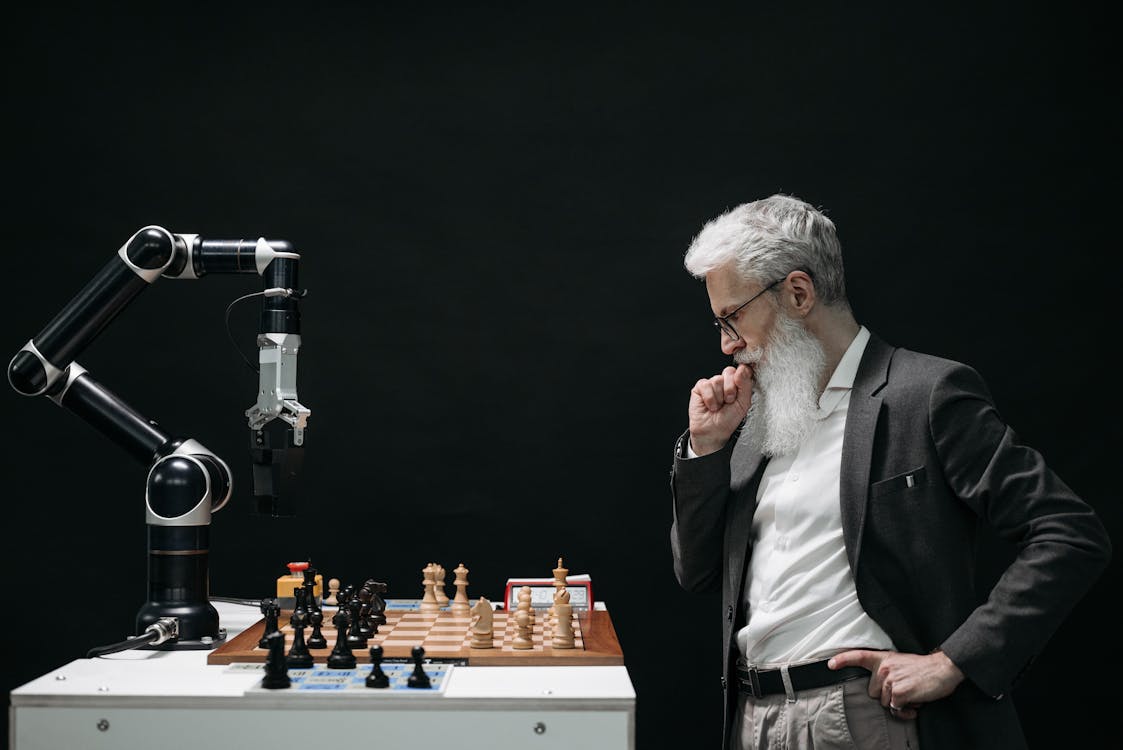
As artificial intelligence (AI) threatens to replace jobs in game development, video game industry experts express their concerns.
Following a surge in player base amid the pandemic, a rush of ventures and investments was made that, looking back, now appear shortsighted. Game companies are eyeing artificial intelligence as a candidate solution to replace low-level positions. This leaves fewer roles available for entry-level applicants.
Video game artist Jess Hyland, who has worked in the field for 15 years, shares her thoughts on the topic. “Everyone knows someone who’s been laid off. There’s lots of worry about the future,” she says.
Behind the mass layoffs also looms the workers’ concern that their bosses see AI tools as a way to cut expenses on human labor.
“I’m very aware that I could wake up tomorrow and my job could be gone,” says Jess. She mentioned knowing at least one person who lost their job because of AI and has also heard of it happening to others.
A Looming Threat to the Industry
Hyland worries that human jobs might shift towards supplementing AI’s outputs rather than creating original ideas. Popular AI image generators, for example, often make mistakes with specific details, like drawing hands or chairs.
“If you’re going to have to hire actual human artists to fix the output, why not harness their creativity and make something new that connects with players?” says Chris Knowles, former senior engine developer at Jagex. He added that during his work experiences, smaller developers seemed enthusiastic when approached about using generative AI.
Chris, who now runs UK indie studio Sidequest Ninja, is concerned about studios established “entirely to churn out clones” of popular mobile games, which largely affect indie developers who profit from their original titles. He is also concerned about the large electricity load required to power up generative AI systems.
Backlash on AI
Some game studios were prevented from taking advantage of AI by the possibility of legal accidents involving copyright. Several publicly available generative tools use online materials without permission. Currently, there have been ongoing legal cases against AI, as well as the recent AI law aimed at making tech more “human-centric” by the European Parliament.
Additionally, game companies that incorporate generative media into their products face potential backlash from the gaming community. Jess believes a factor in the AI industry’s success depends on gamers’ opinions. Players seek games “crafted by other humans,” which makes their experiences special.
For example, The Finals, an online shooter, was criticized for using synthesized voice lines, and game developer Square Enix was criticized for using generated art in Foamstars, a multiplayer game.
AI as a Tool, Not a Replacement
Proponents of AI technology reassure that their products are only tools and will never replace human labor. Some pledge to train on internal data and authorized sources.
There are also people in the industry who lean positively on AI to advance and innovate in their field. One of them is composer Borislav Slavov, winner of the BAFTA Games Award for his work on Baldur’s Gate 3.
Although AI can redirect an artist’s focus to the “essence” of the creative process, Borislav still believes it cannot replace the “human soul and spirit.” Similarly, Jess expresses approval of using AI to improve efficiency on mundane and repetitive tasks.
The Future of Gaming with AI
AI can be a tool for creativity, freeing up developers to focus on higher-level tasks. The future of gaming hinges on how developers, publishers, and players adapt to the AI revolution. However, the industry remains divided on this technology’s potential benefits and risks.
Ultimately, the success of AI in the gaming industry will depend on whether it can complement human talent or replace it entirely.



















